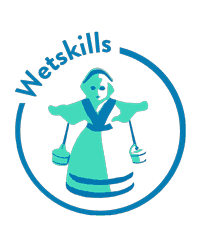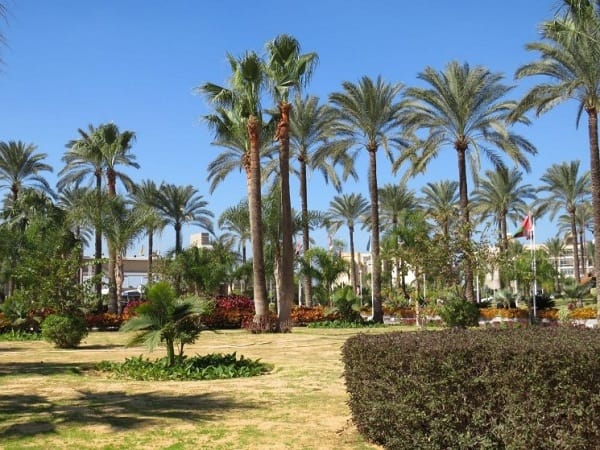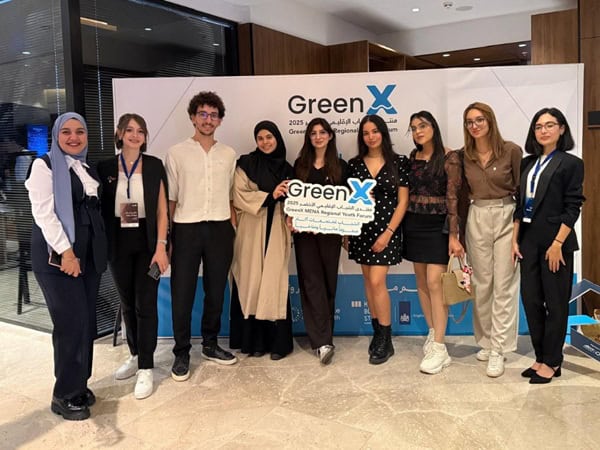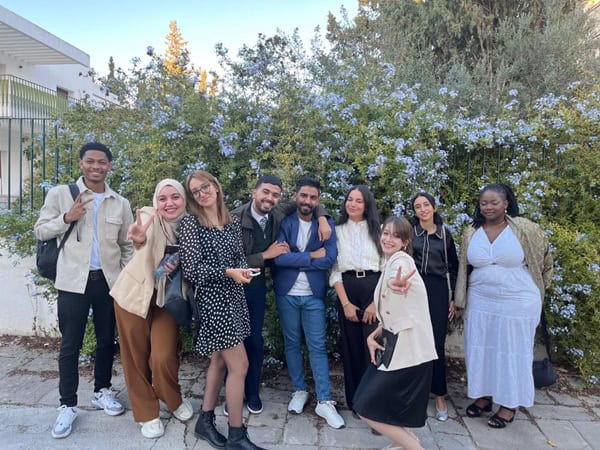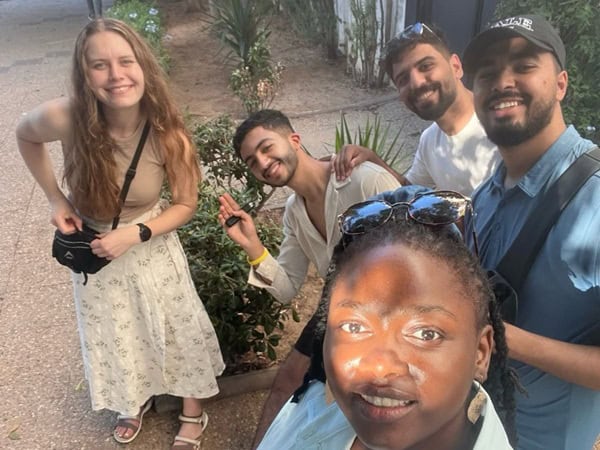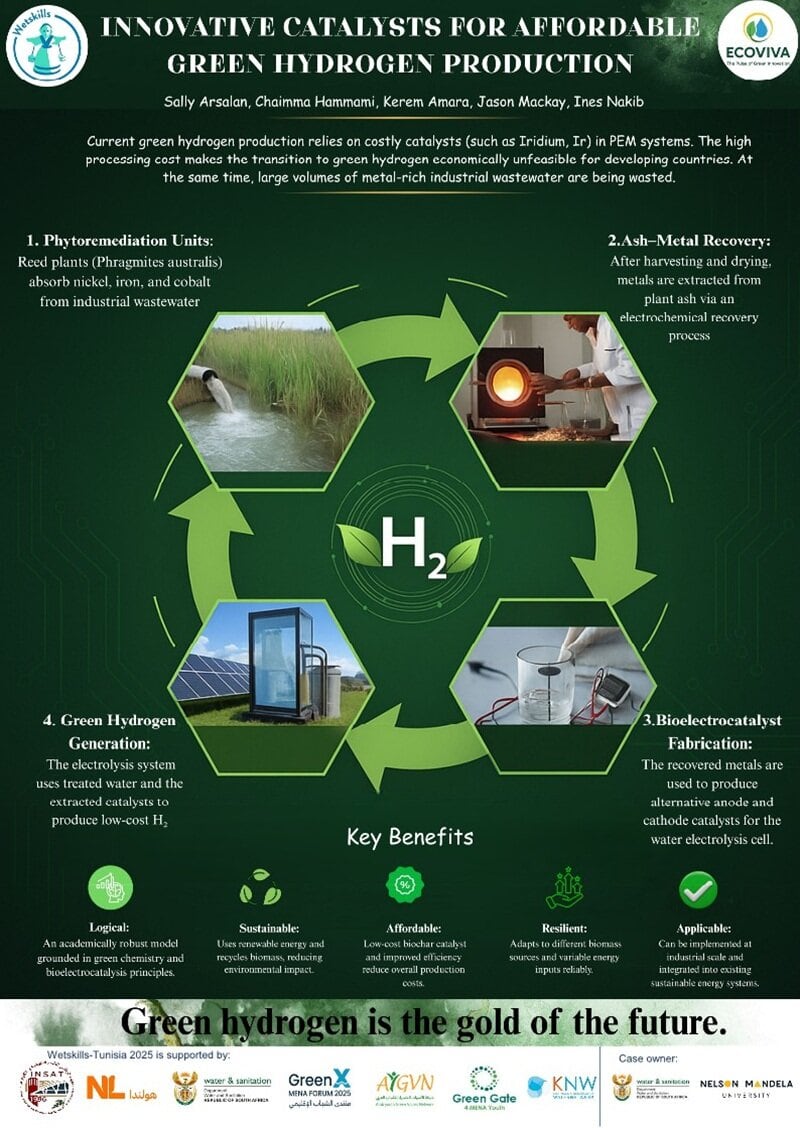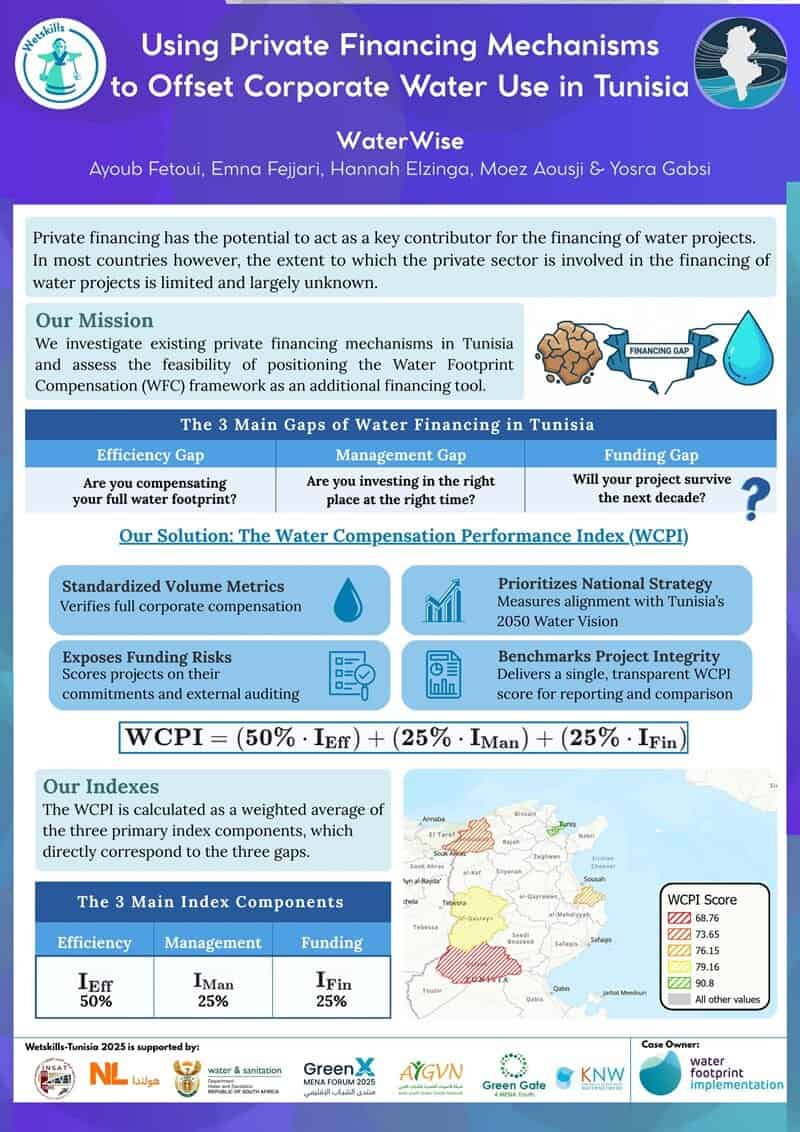
- This event has passed.
Wetskills-Tunisia 2025
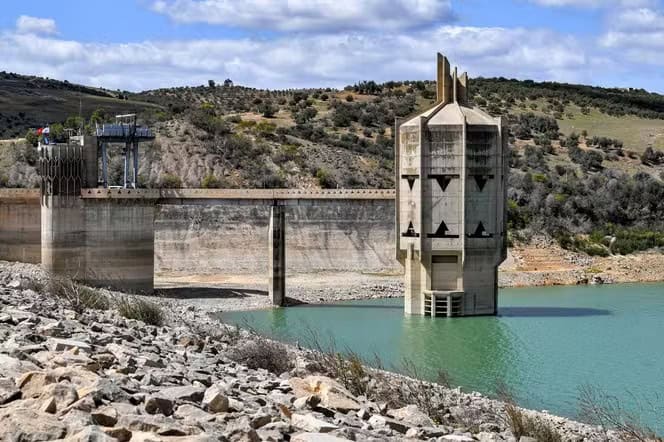

First Wetskills Challenge in Tunisia!
Wetskills made its debut in Tunisia! During this Wetskills event, interdisciplinary teams of students and young professionals were working on real-life water cases provided by local and international partners. Through a unique, out-of-the-box approach and intense teamwork, participants will develop practical ideas and present their results to a jury of experts. By empowering the next generation, Wetskills aims to foster sustainable water solutions – for Tunisia and the MENA region, and beyond.
The Finals and Awarding Ceremony were on 29 Octoberat the Arab Youth Forum. This conference is organized by the Arab Youth Green Voices, partner of Wetskills Foundation, where partners and participants also discussed two upcoming milestone events: UN Water Conference Dubai 2026 and World Water Forum 2027 in Saudi Arabia.
This Wetskills-Tunisia was held in Tunis, with 20 young talents from Tunisia, MENA Region (Syria, Iraq, Algeria, Lebanon), South Africa and The Netherlands. Follow us in this event!
Quote of the day: The Wetskills spirit is shining brighter than ever, teamwork, innovation, and determination flowing stronger than water itself!

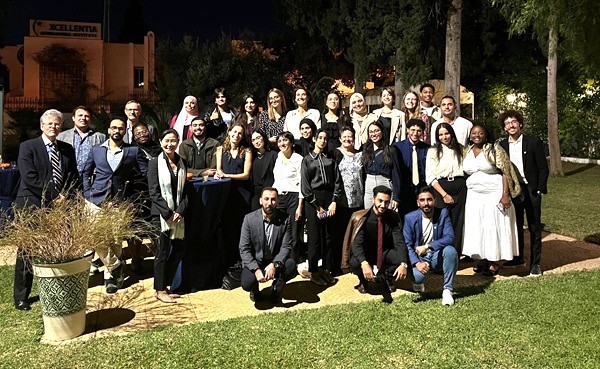
Watch the Event Movie!
Why Focus on Tunisia?

Tunisia is grappling with a suite of urgent water challenges – making it a hotspot for impactful innovation:
- Water scarcity and overuse: With just about 460 m³ of renewable water resources per person per year, Tunisia falls far below the global average, pushing communities and ecosystems to the edge.
- Growing demand and climate stress: An increase in agricultural uptake and tourism, paired with rising temperatures and drought risk, are stretching water systems thin—especially in rural and peri-urban zones.
- Salinity and groundwater issues: Coastal regions face the triple threat of saline intrusion, deteriorating water quality, and shrinking freshwater reserves—vital areas in critical need of adaptive solutions.
- Infrastructure gaps and inequality: While major cities may enjoy improved access, many rural communities still contend with aging infrastructure, seasonal shortages, and widening disparities.
At Wetskills-Tunisia, you’ll tackle these meaningful, multidimensional challenges – innovation in action that can make tangible improvements to people’s lives and the environment.
Follow us in this Wetskills Event

Wetskills participants are:
- Creative thinkers in environmental sciences, engineering, policy, design, business, and more.
- Problem-solvers eager to co-create with local partners and international peers.
- Future leaders with a passion for equitable and sustainable water solutions.
Wetskills is a unique learning experience where you will tackle real-life water challenges with your own team!
- You will increase your skills in: international cooperation; problem solving, cross-cultural and interdisciplinary teamwork, networking and presenting (pitch & poster);
- You will get the opportunity to connect with other international water students/young professionals;
- You will exclusively visit the Wetskills finals and awarding workshop at the Arab Youth Forum in Tunis;
- You will visit Tunis and surroundings: water-related, natural and cultural sites, and meetings with water experts;
- You will learn, network and experience more about international and regional water challenges, the main stakeholders and organizations, contemporary issues and current business opportunities;
- You will receive a certificate of participation upon completion of the program.
More information
Contact: Loay Alatrash, loay.alatrash@wetskills.com or Johan Oost, johan.oost@wetskills.com.
Event Blogs

Preparations for GreenX Conference
The bigger picture
Event Cases

Case 1: Food Security and Migration Nexus
Case owner: Embassy of the Kingdom of The Netherlands to Tunisia
The Netherlands seeks to explore innovative ways to incorporate food security in its growing partnership with Tunesia. Central to this is the catalyzing role the agricultural sector and improvements to food security have in job creation for young individuals. Additionally, the Netherlands encourages opportunities for nearshoring relating to food (in)security. Communities face challenges from climate change and economic shifts, impacting agricultural productivity and livelihoods. This challenge invites ideas for integrated approaches that enhance food security, promote diverse and sustainable livelihood opportunities beyond traditional agriculture, and build climate resilience to help communities adapt to environmental changes. How can new concepts lead to foster economic stability, improve local living conditions, and create lasting livelihoods opportunities, supporting a stable and prosperous future for Tunisia?
Case 2: Innovative Catalysts for affordable Green Hydrogen Production
Case owner: Nelson Mandela University (Gqeberha) & Department of Water and Sanitation of South Africa
Green hydrogen is a clean fuel with the potential to significantly reduce CO2 emissions, but its production through water electrolysis is costly due to expensive catalysts like iridium. Research is exploring more affordable alternatives by combining iridium with cheaper metals such as ruthenium, titanium, and gold. Using innovative synthesis methods, these new catalysts are designed to maintain performance while lowering costs. Advanced characterisation techniques evaluate their efficiency, durability, and suitability for integration into electrolysers. The ultimate goal is to create a practical, cost-effective green hydrogen production system that combines sustainable technology with renewable energy. This approach could make hydrogen more accessible, supporting the transition to cleaner energy and promoting sustainable industrial development globally.
Case 3: Citizen Science for Water Stewardship in Tunisia
Case owner: The Tunisian Observatory of Water
The Tunisian Observatory of Water (OTE) invites young water innovators to rethink citizen participation in Tunisia’s water management. OTE’s mobile platform already enables citizens to report and map water disruptions across the country. The next challenge is to transform this data into stronger dialogue, smarter decisions, and greater trust between communities and authorities. How can citizen insights drive faster responses, behavioral change, and more transparent water governance? Participants are encouraged to co-create creative communication campaigns, digital tools, or engagement models that strengthen the link between people and policy—contributing to a more participatory and sustainable water future for Tunisia.
Case 4: Private financing mechanisms to offset corporate water use in Tunisia
Case owner: Water Footprint Implementation (WFI)
Private financing has the potential to act as a key contributor for the financing of water projects. In most countries however, the extent to which the private sector is involved in the financing of water projects is limited and largely unknown. This case explores existing private financing mechanisms for water projects in Tunisia and evaluates their effectiveness in mobilizing investments for water projects. How can Water Footprint Implementation strategically introduce the Water Footprint Compensation framework to stimulate sustainable, transparent, and scalable private-sector participation and so contributing to both water security and responsible water management?
Event Partners

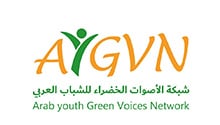

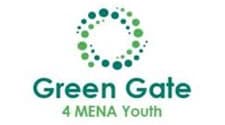


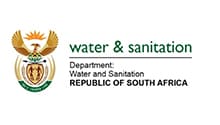
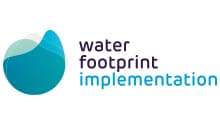


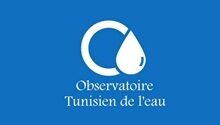
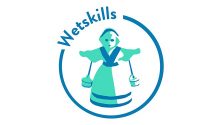
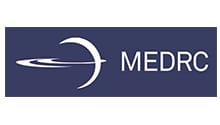
Previous Events in MENA region

